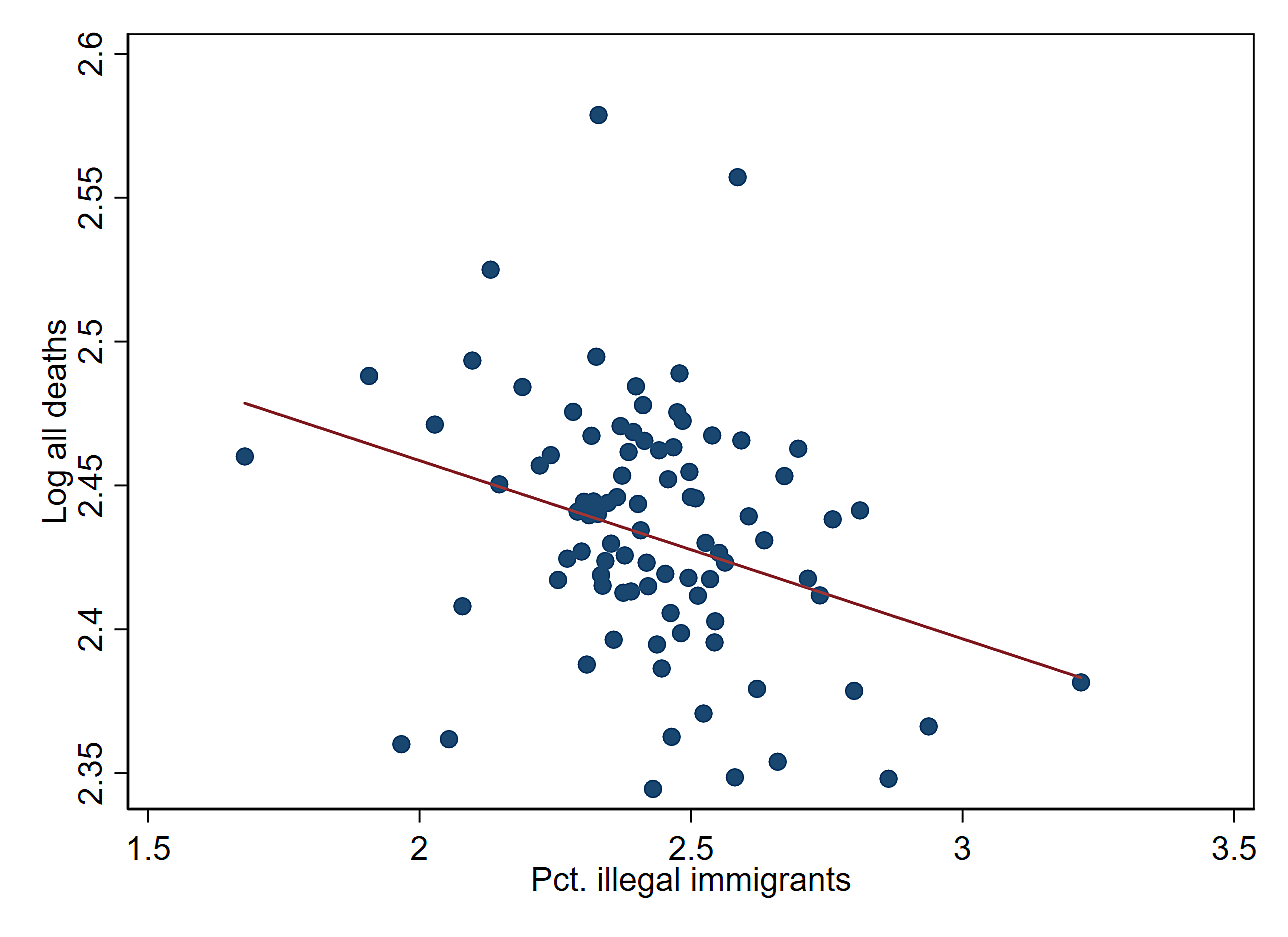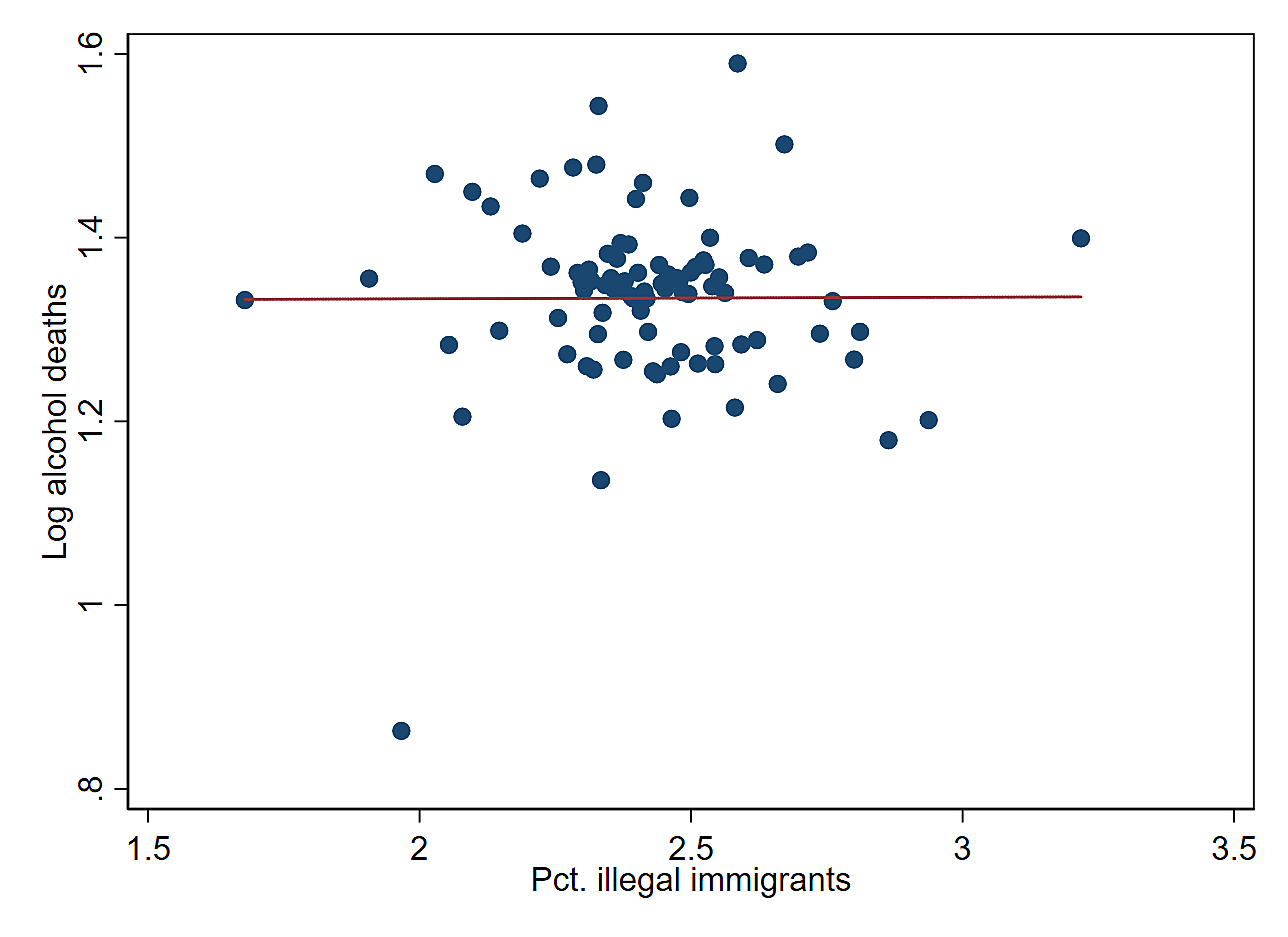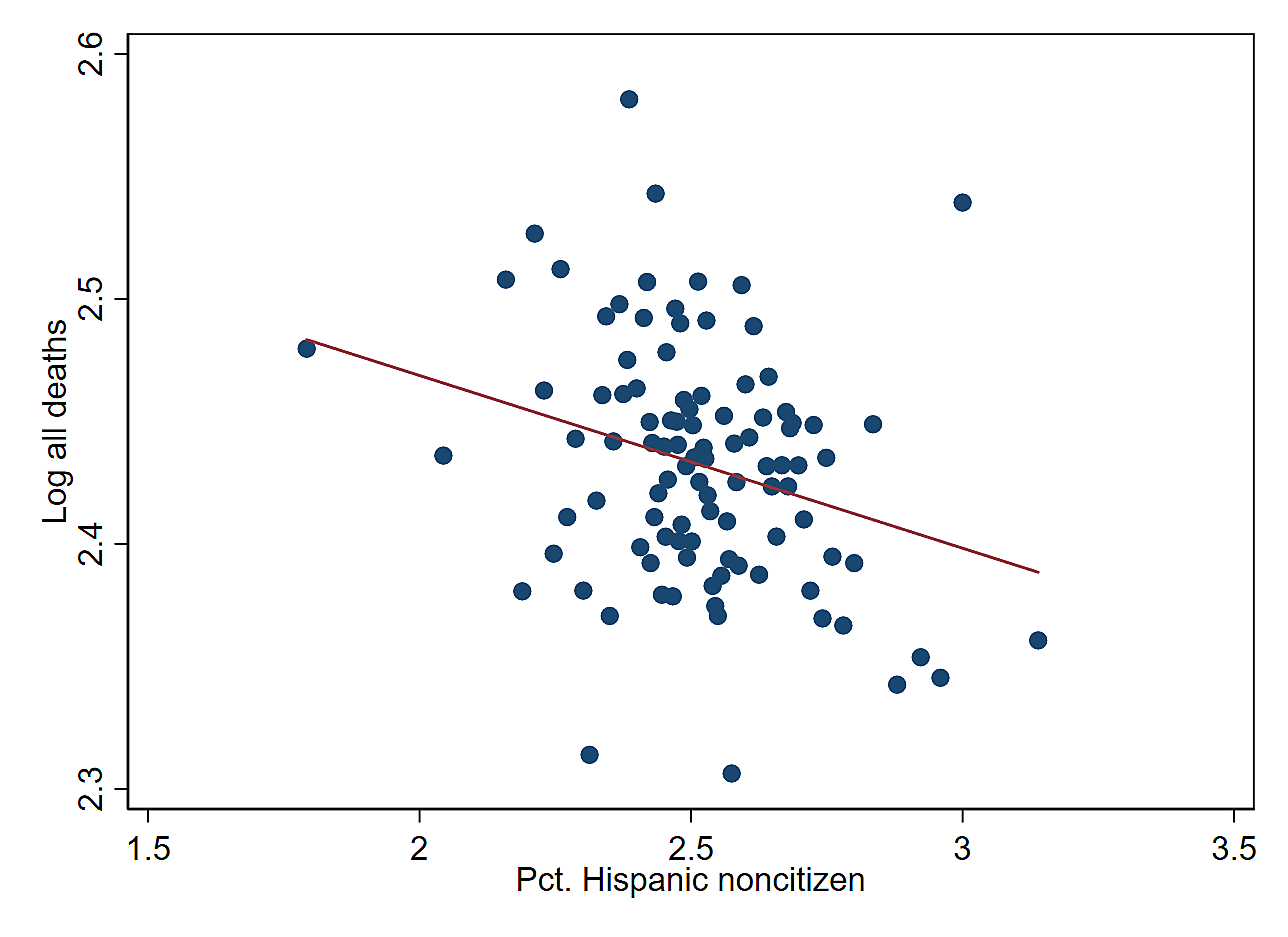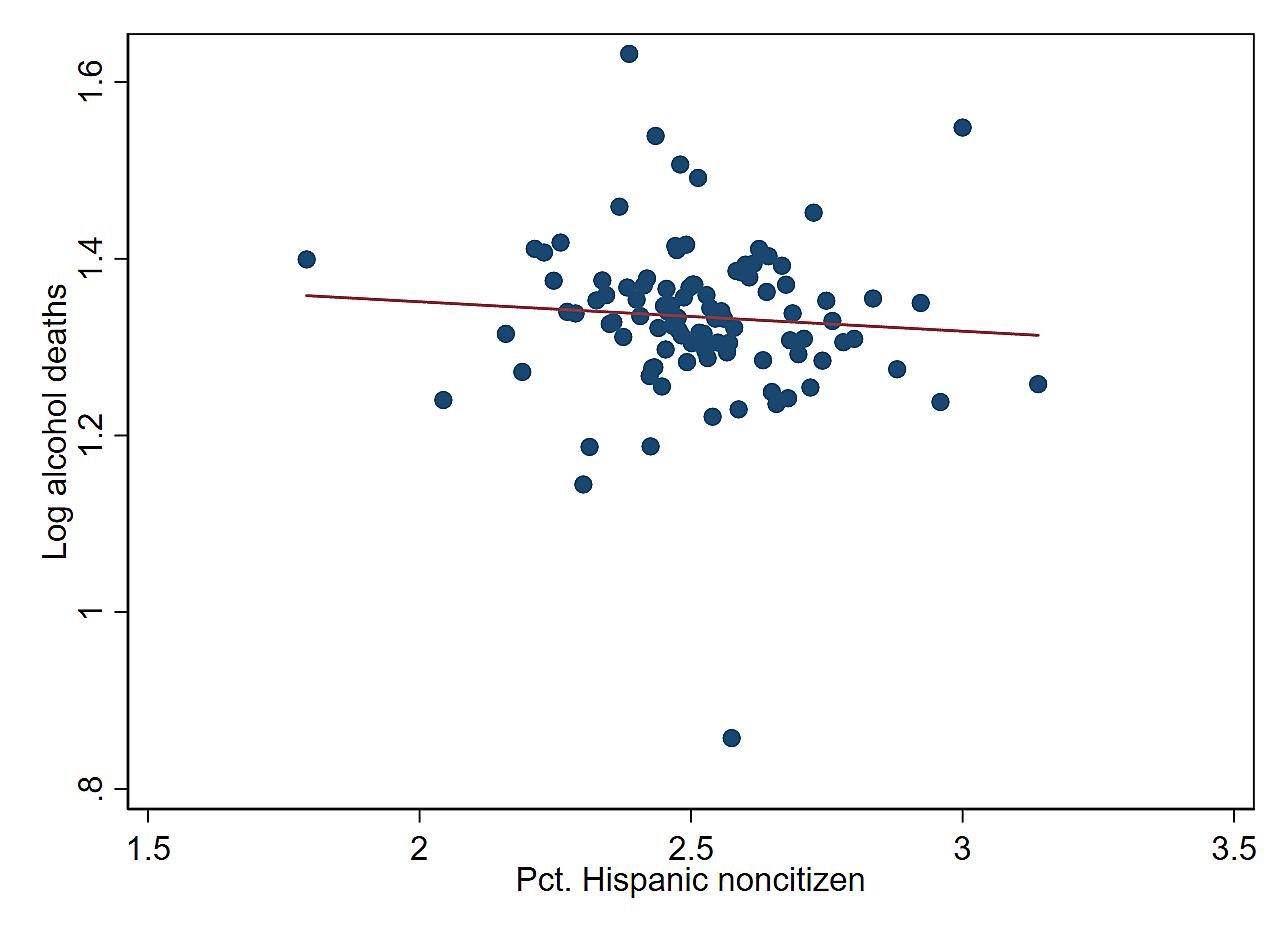Yesterday, the Trump administration announced it would end a decades-old practice of allowing sheep and goat herders to enter the United States as guest workers under the H‑2A program. U.S. Citizenship and Immigration Services (USCIS) published a policy memo that overturn its historical practice of allowing sheepherders to receive three consecutive, back-to-back grants of H‑2A status for 364-days (or similarly lengthy periods).
Congress should protect the herding industry. The bipartisan Farm Workforce Modernization Act, which I have previously reviewed here and is currently moving in the House, would address this issue in multiple ways, but other options exist to stop this assault on an important legal immigration program from occurring.
The H‑2A statute requires that H‑2A status be granted only to those workers performing services of a “temporary or seasonal” nature. The H‑2A approval process starts with the Department of Labor (DOL), which assesses whether a job meets this requirement and whether U.S. workers are available to fill the job. If DOL approves the application, only then do employers petition USCIS to admit the workers. During this second application, USCIS again reviews whether the job is “temporary or seasonal.”
The policies of every administration at least since Eisenhower has been to treat the sheep herding industry under unique procedures that allow them to hire workers for 364 days—consistent with the requirement that it be “temporary”—but then to extend their status three times back-to-back.
In response to a D.C. Circuit decision last year allowing a lawsuit challenging these special procedures to proceed, USCIS announced that it would now require that sheep and goat herders be subject to the same evidentiary requirements as all other H‑2A employers, demonstrating their needs are truly temporary or seasonal—even if DOL already determined that it was. The rule will take effect in June 2020.
This decision is devastating for sheep and goat herders—both workers and employers—who have operated under these procedures for their entire lives. USCIS admits that its action to stop fighting the lawsuit and make this change “may have an impact on the long-standing business practices” of goat and sheep herders. It could be worse than that. The industry warned the agency in 2015 that making H‑2A workers much more difficult to hire would “jeopardize the entire herding industry,” causing “many employers to either go out of business entirely or to downsize and greatly reduce the number of workers employed.”
The Farm Workforce Modernization Act would solve this problem in two ways. First, it would create a single, unified application process so that DHS wouldn’t review determinations that DOL already made. DHS couldn’t override DOL’s determination that a job was seasonal or temporary (though, in this case, DOL has also announced plans to change its regulations for sheep and goat herders). Second, the bill would create a new H‑2A program for year-round workers, effectively authorizing the existing practice for sheep and goat herders but for other industries as well.
Even if Congress can’t agree to pass the entire bill, it could rely on the appropriations process instead to preserve the status quo for herders. Hopefully, senators in the states affected—mainly California, Idaho, Utah, Colorado, Nevada, and Wyoming—will take notice and push appropriators to consider how they can deal with the issue before the implementation date next year.



